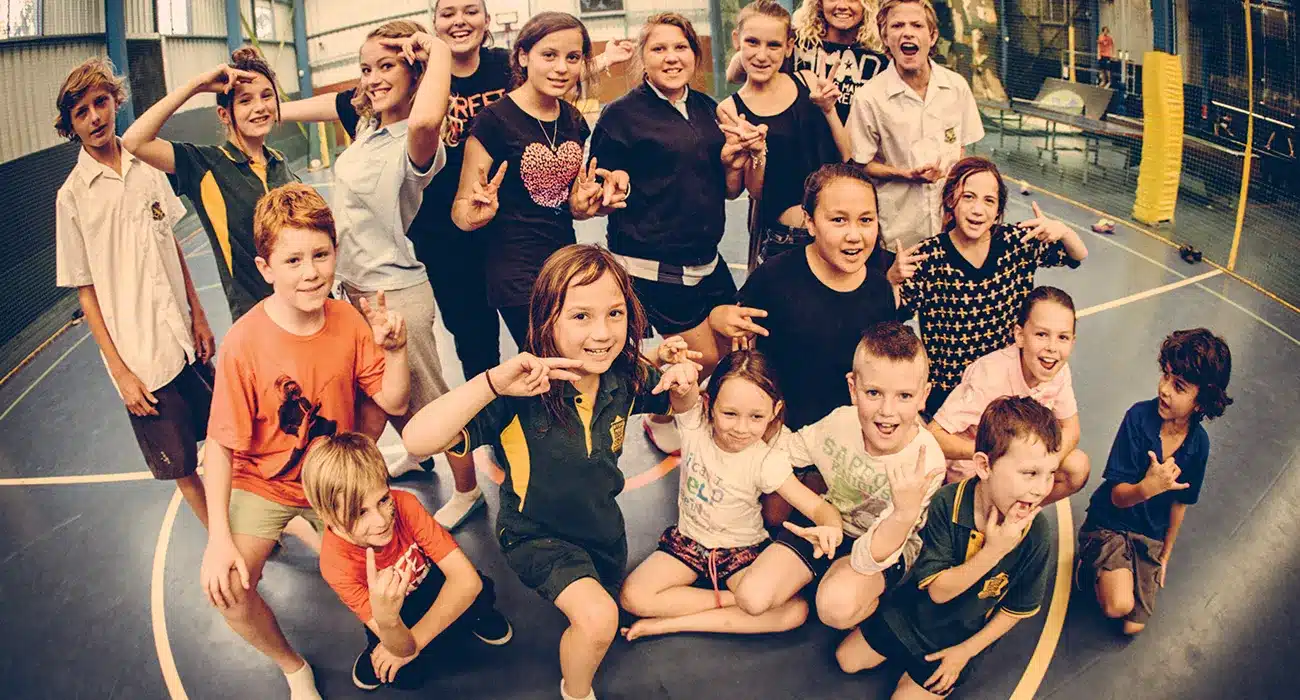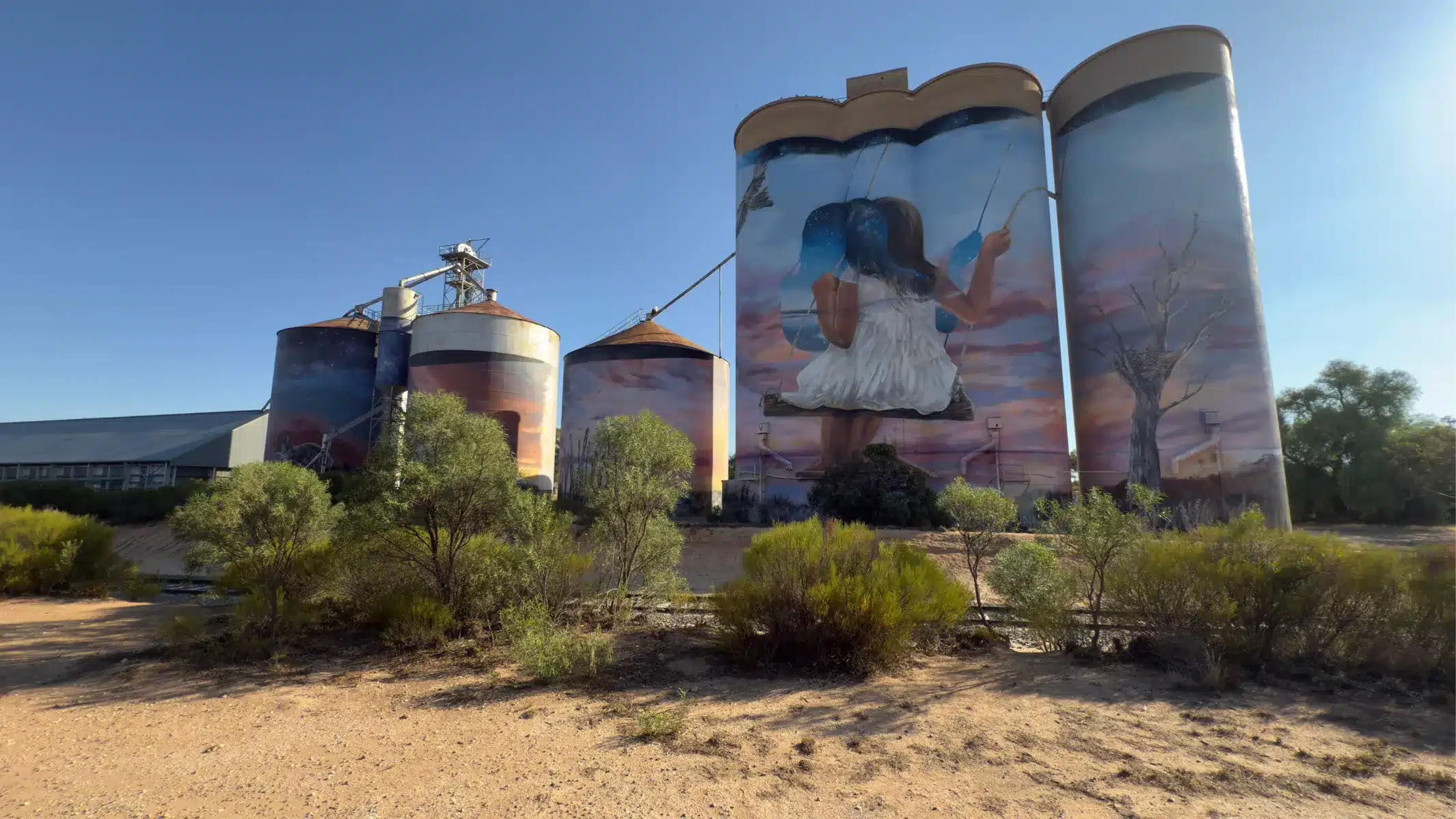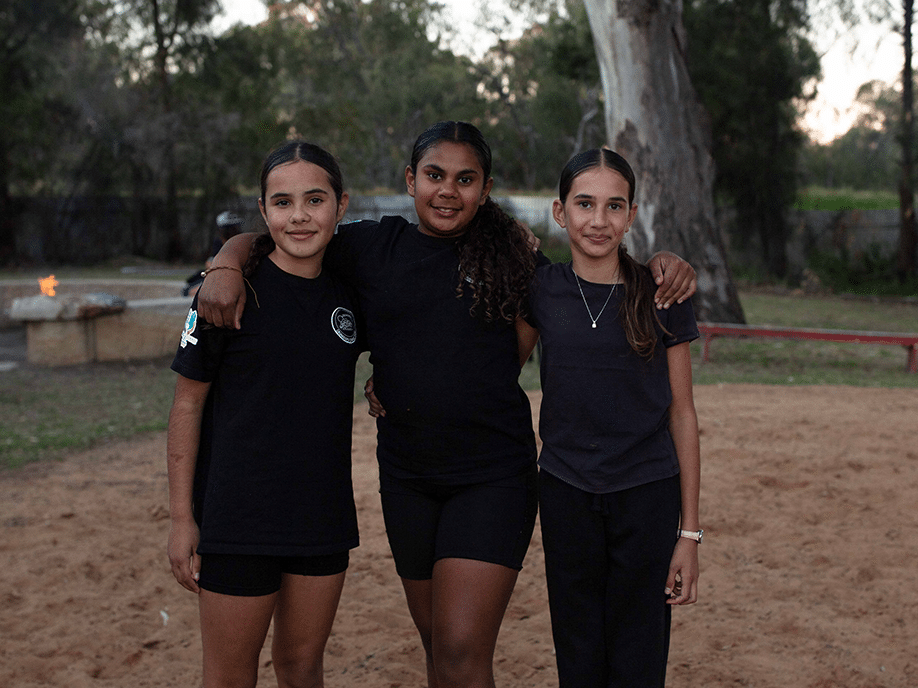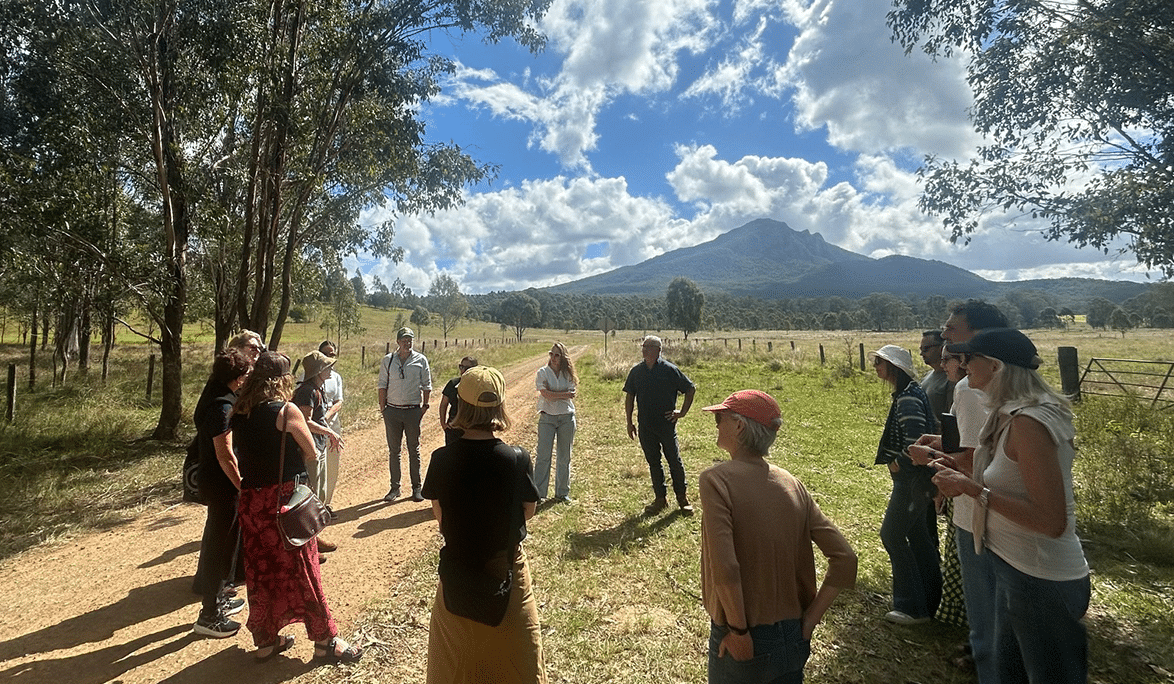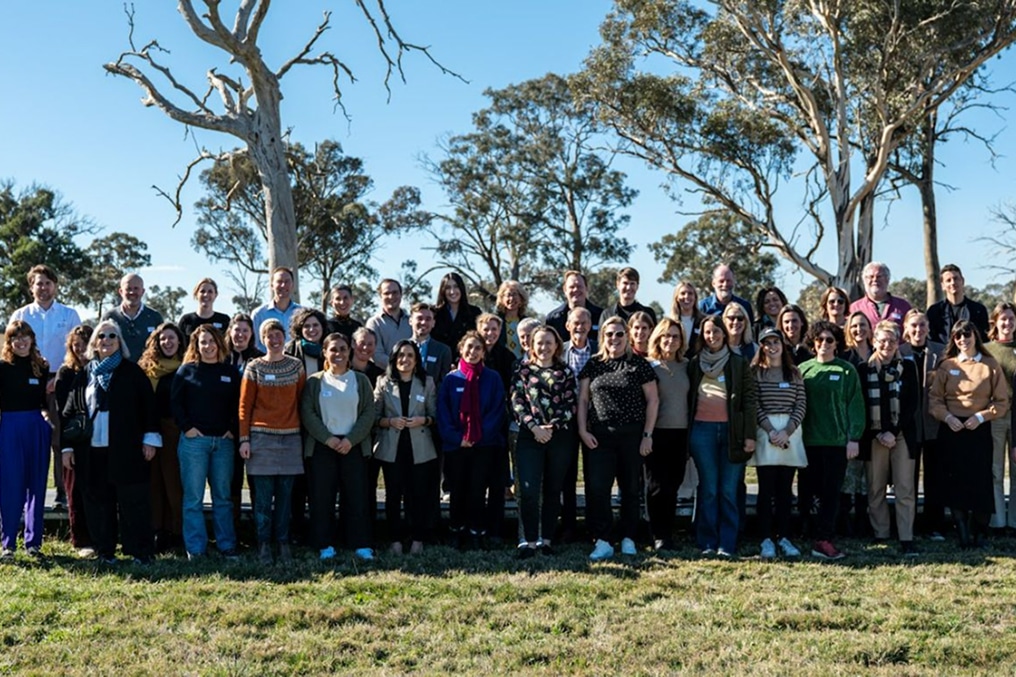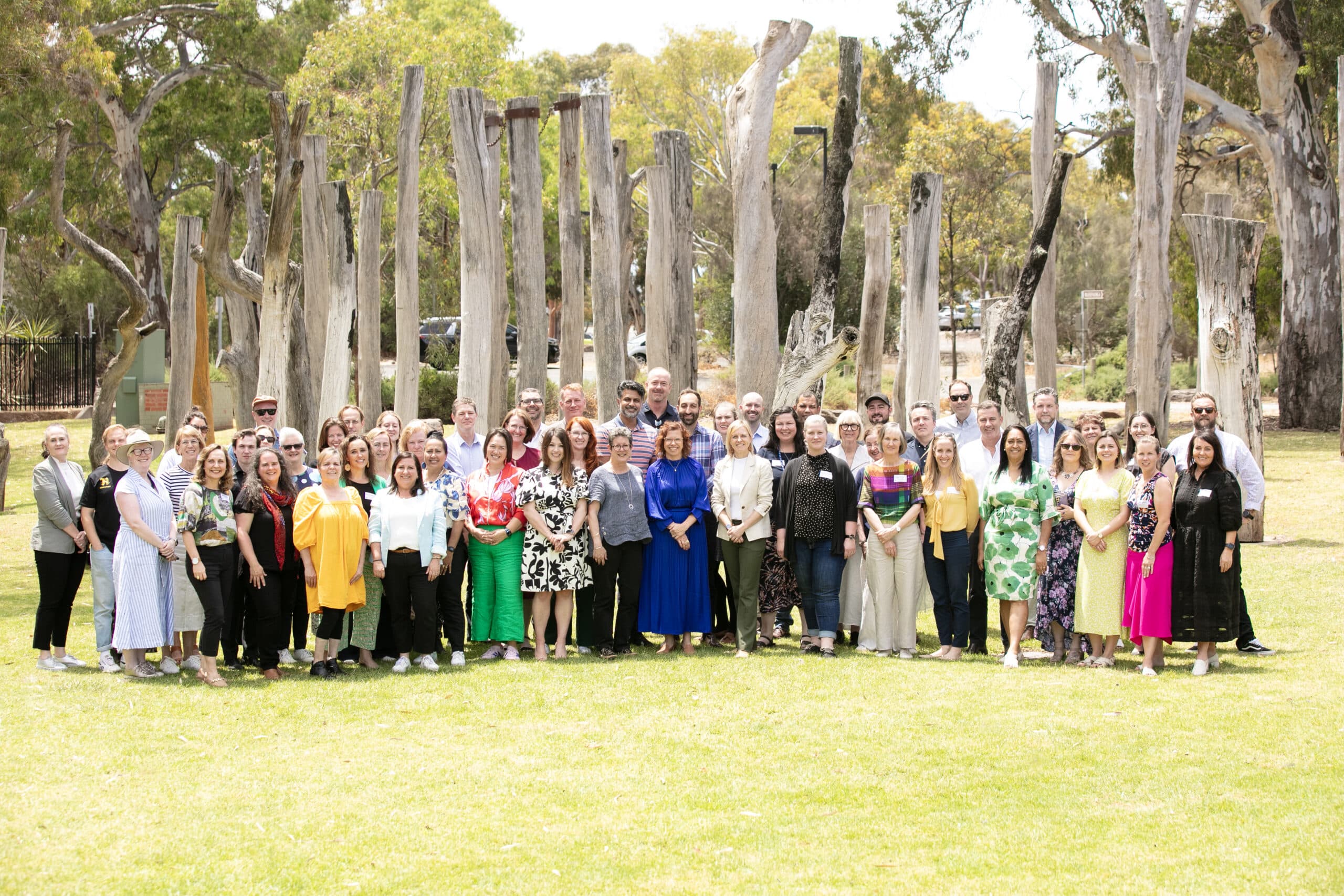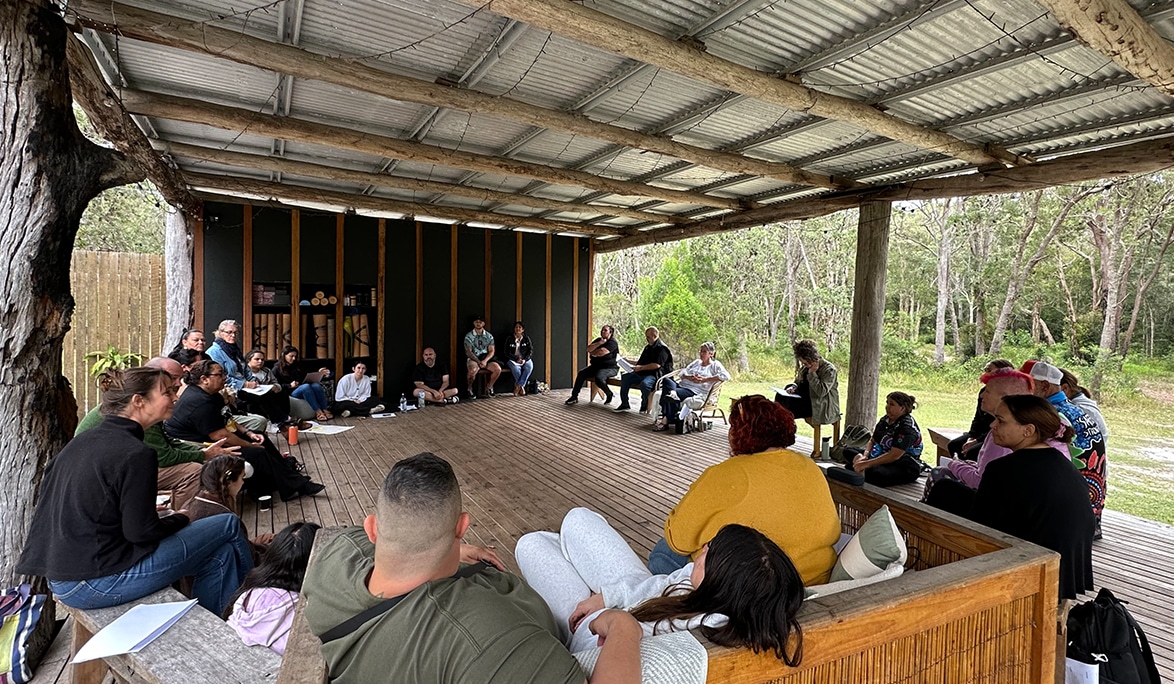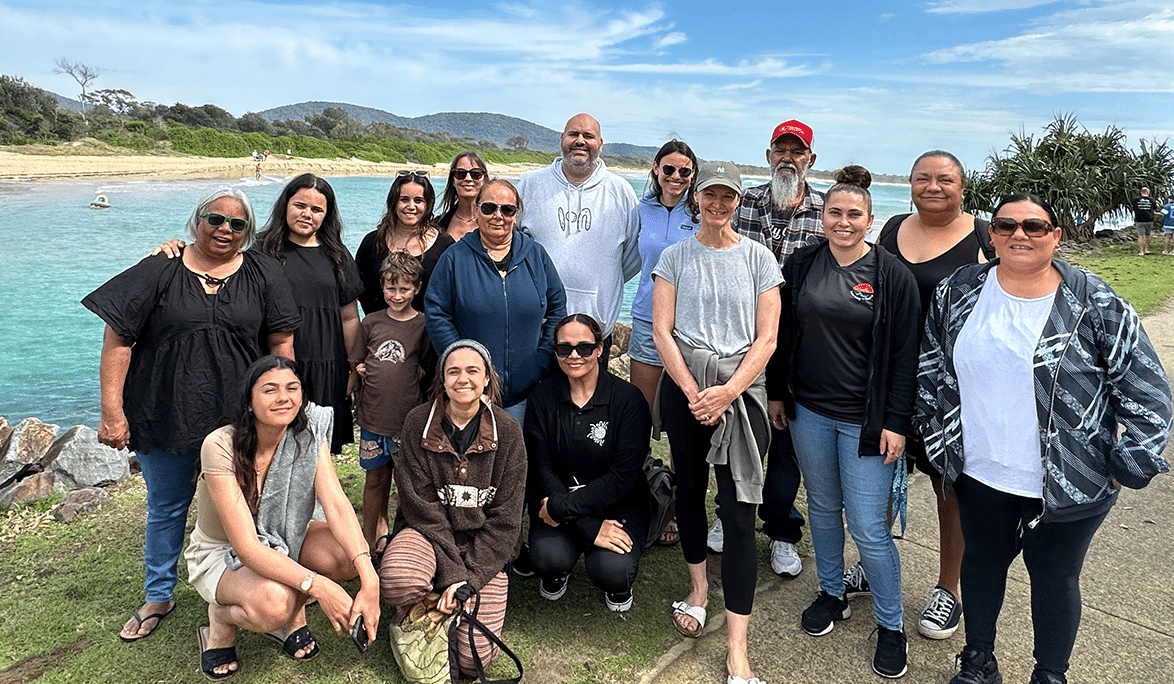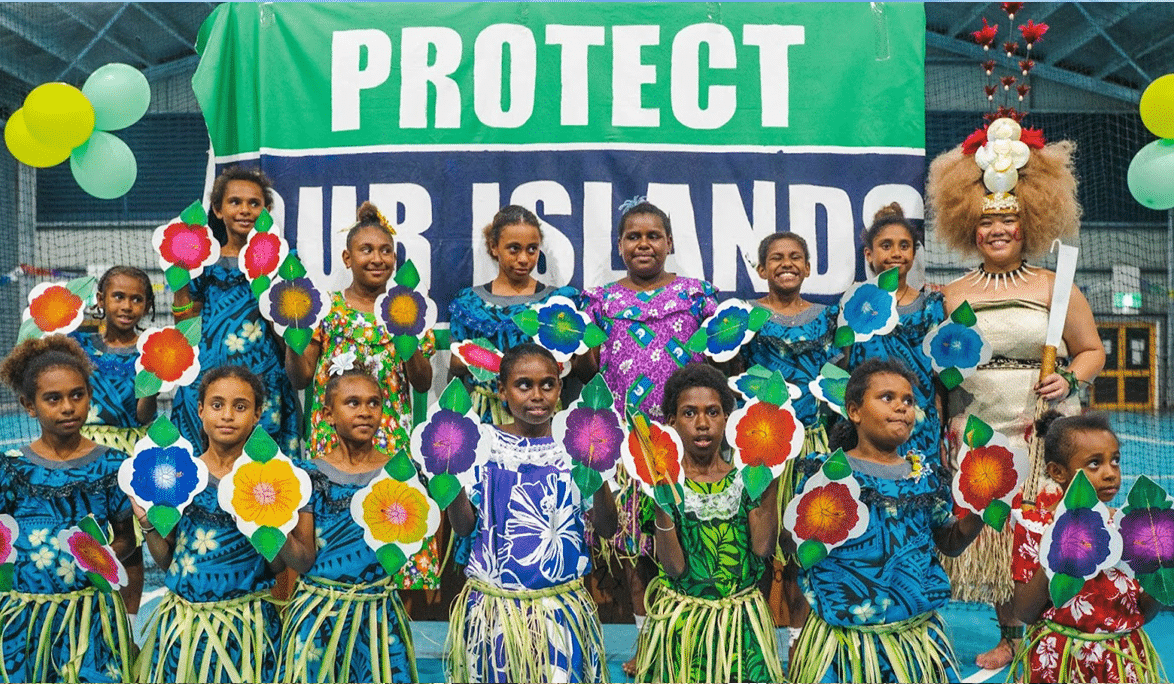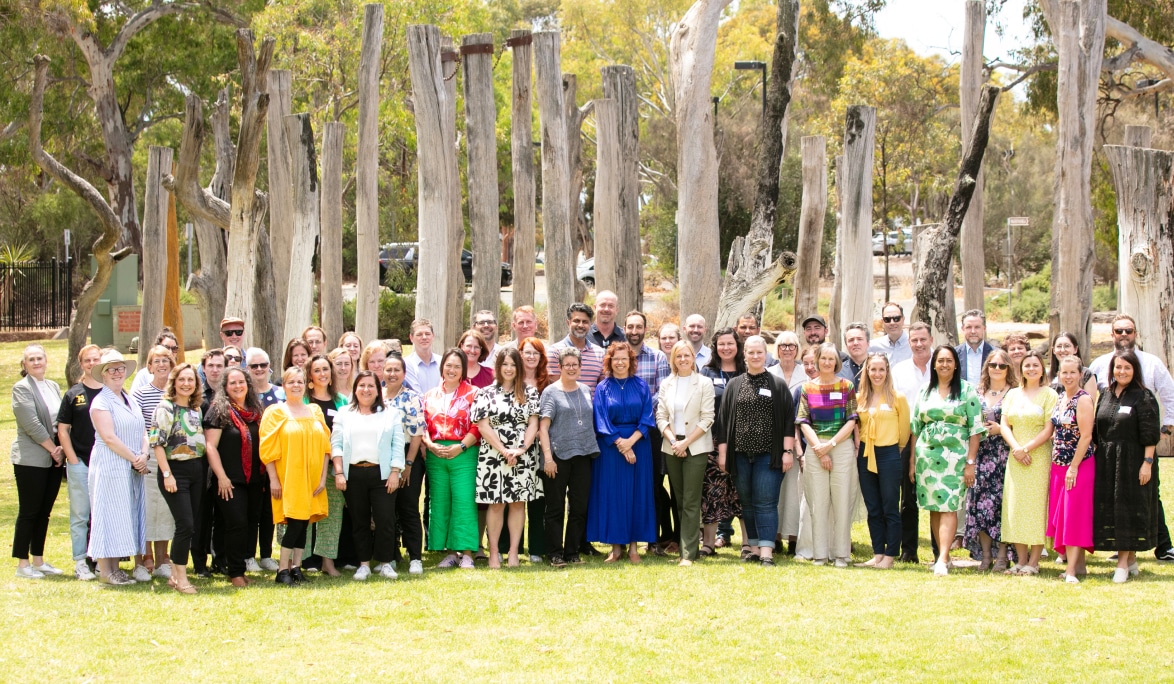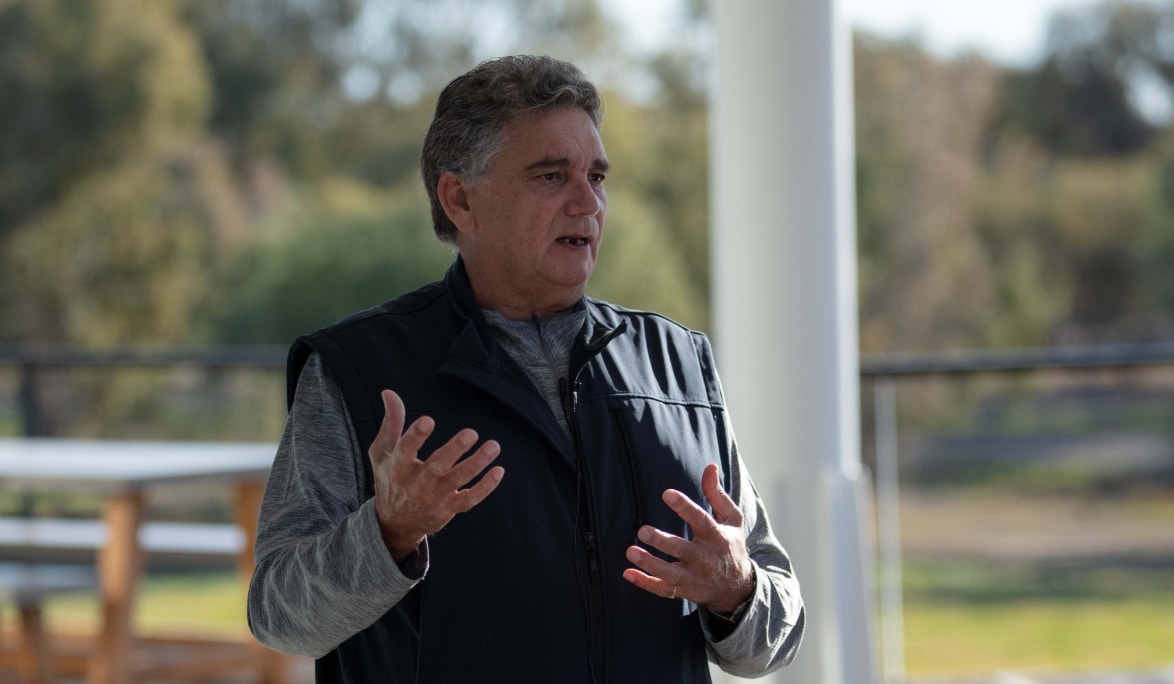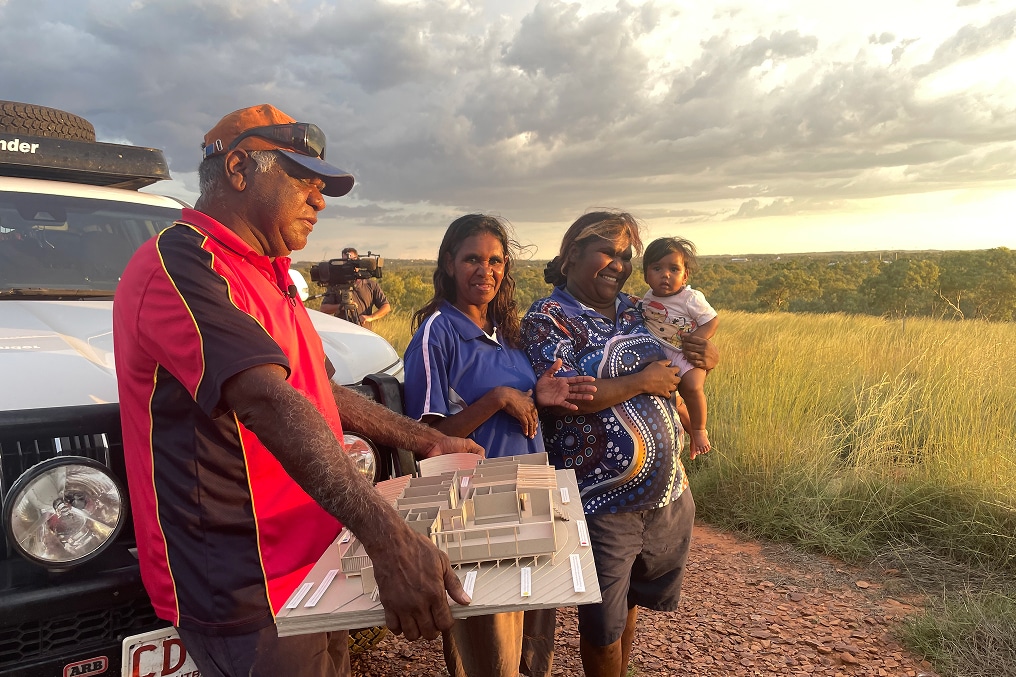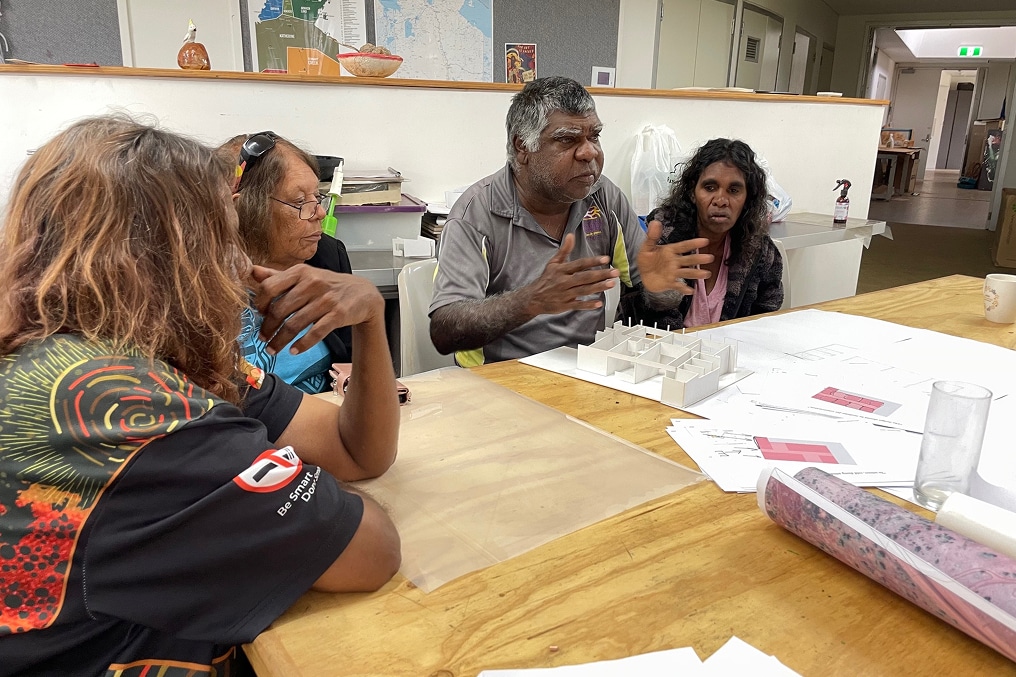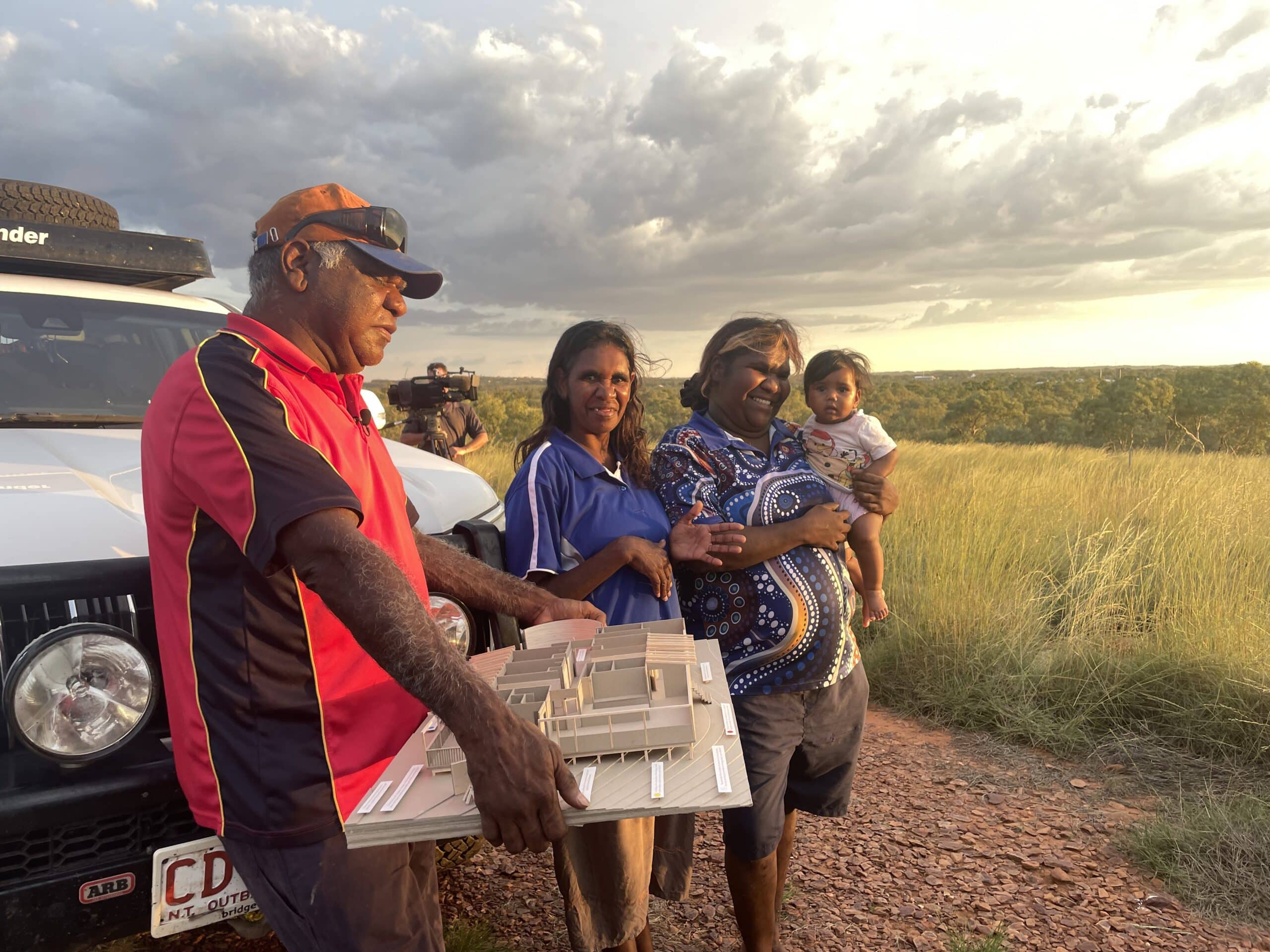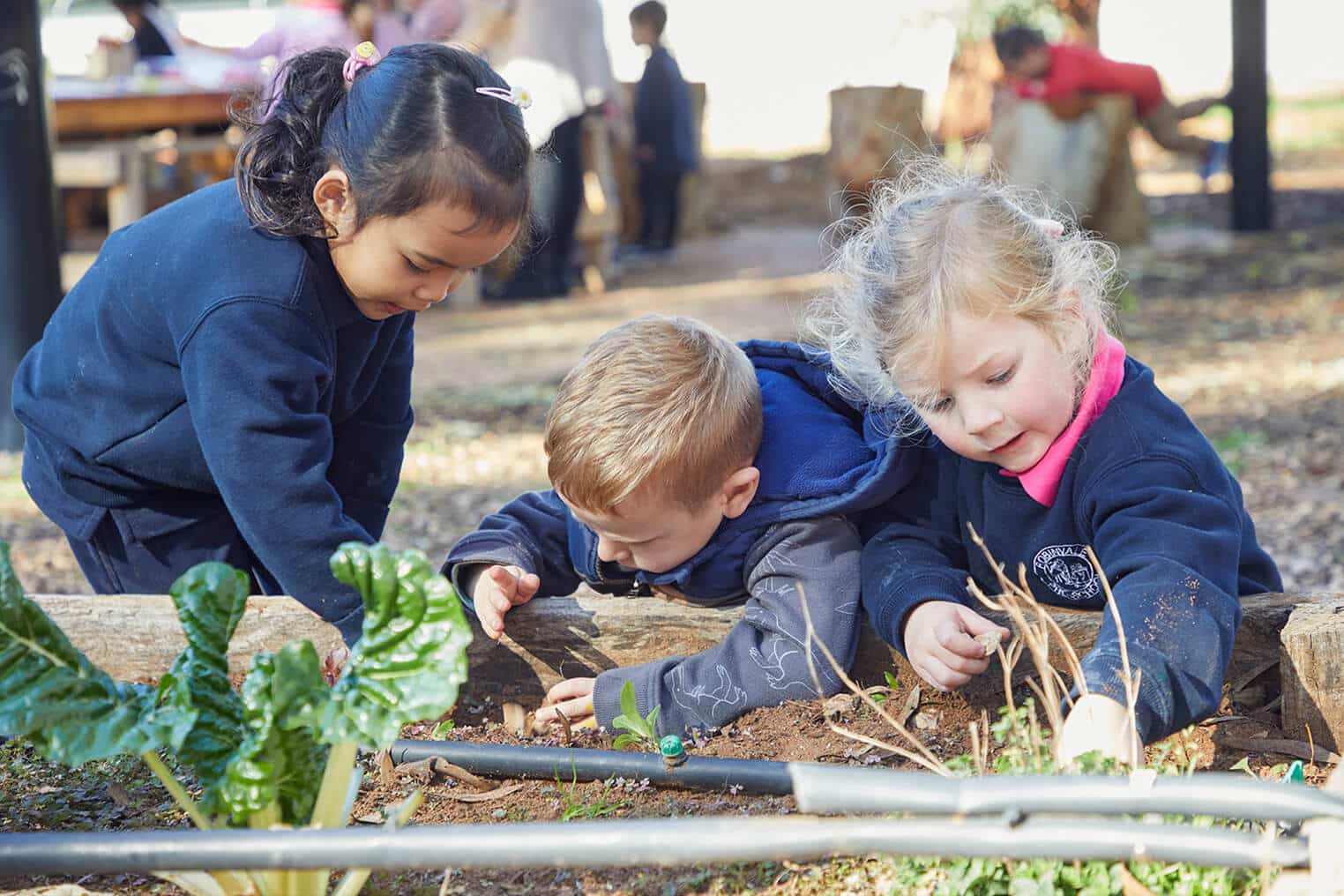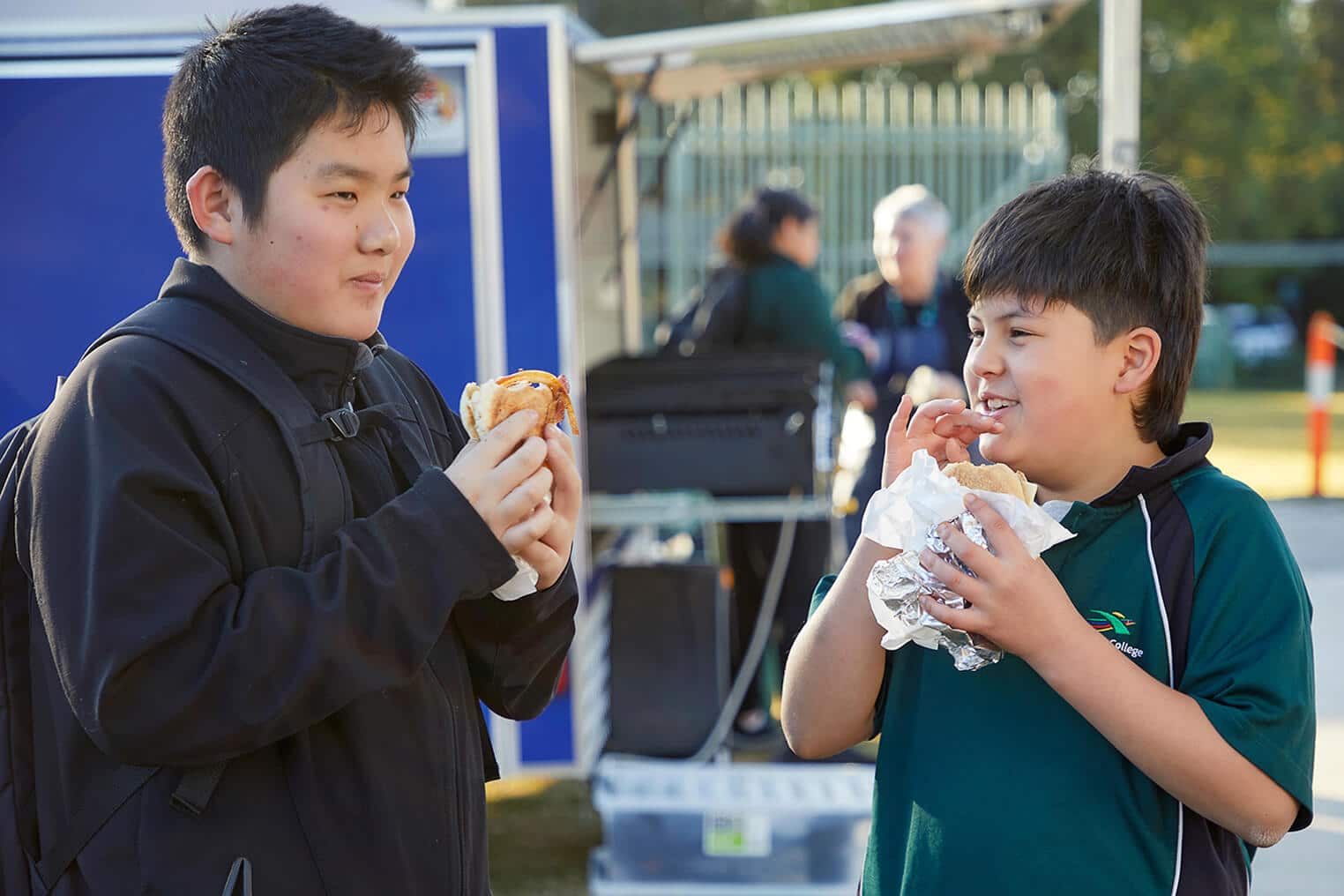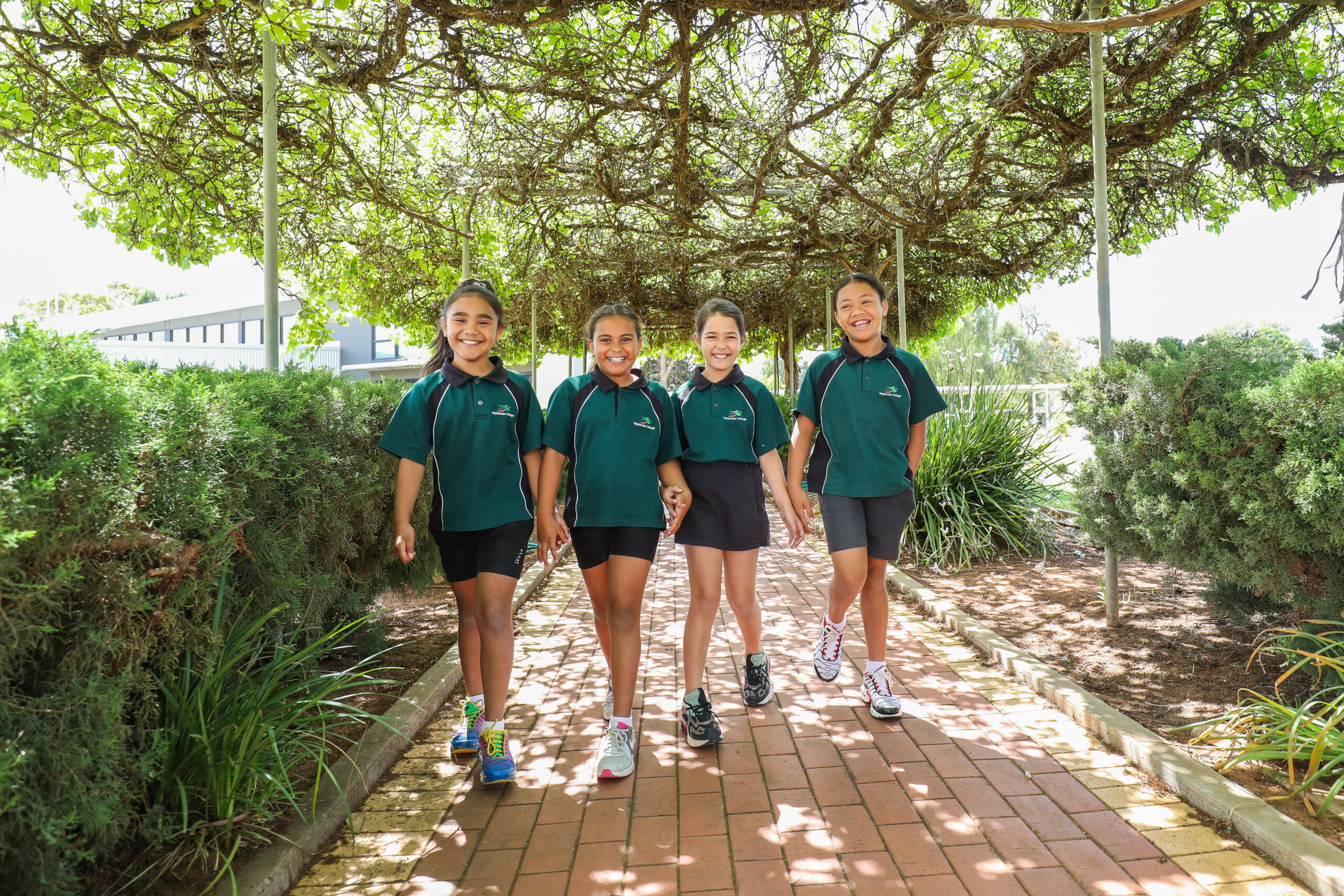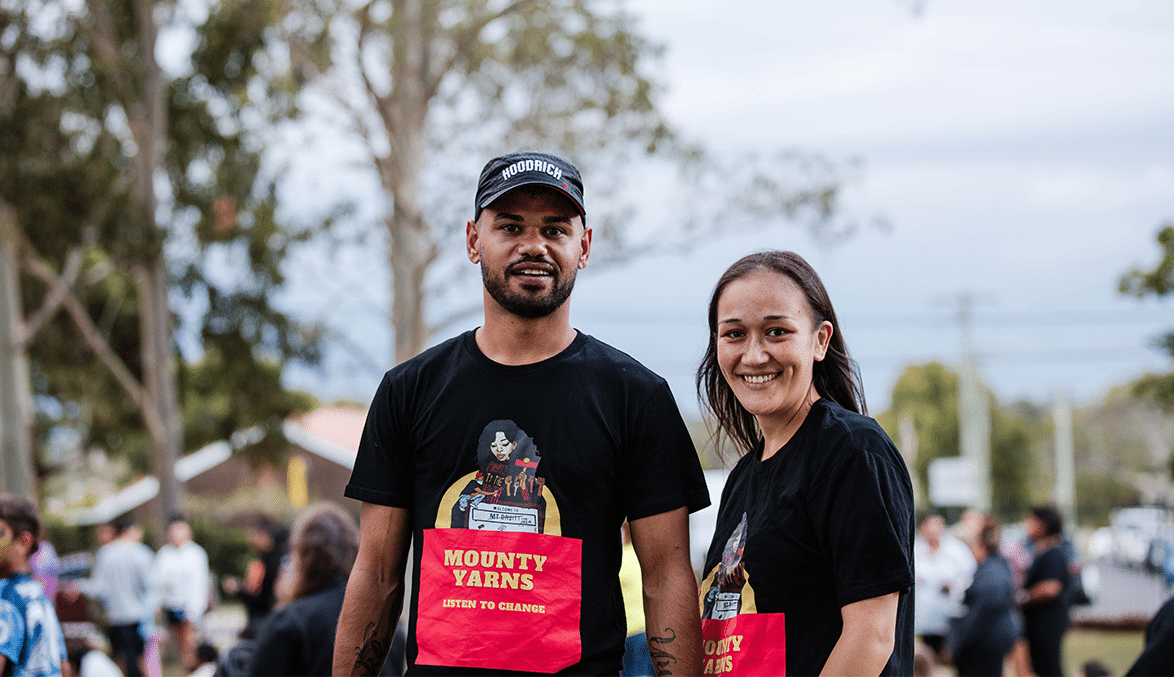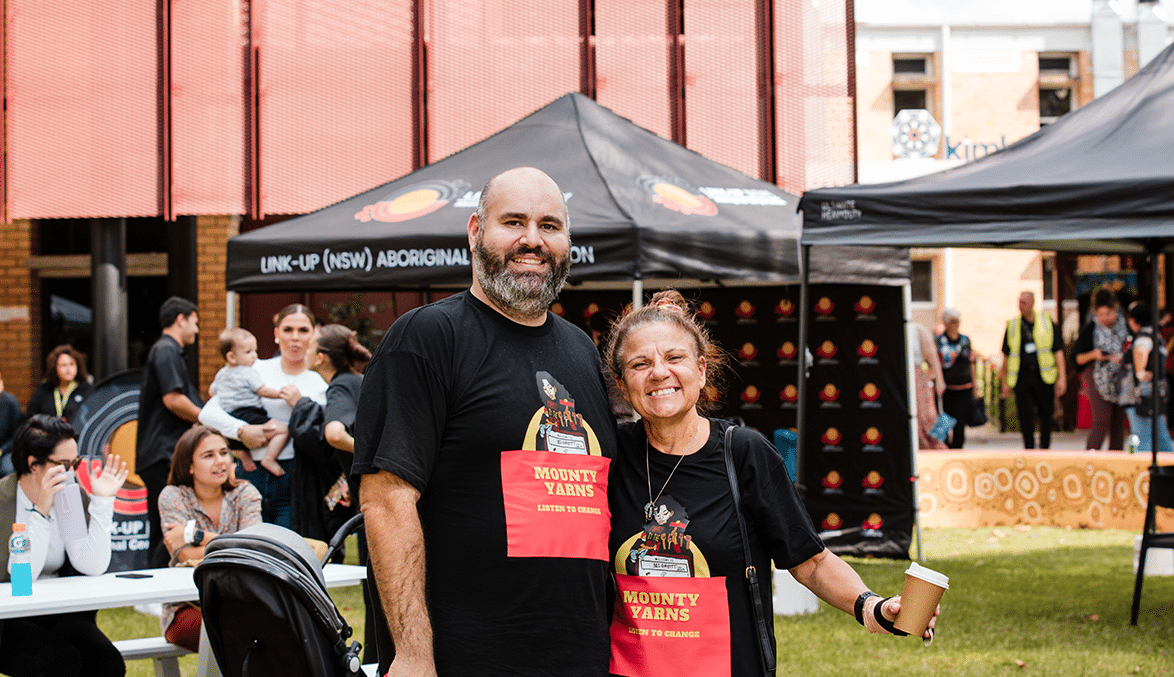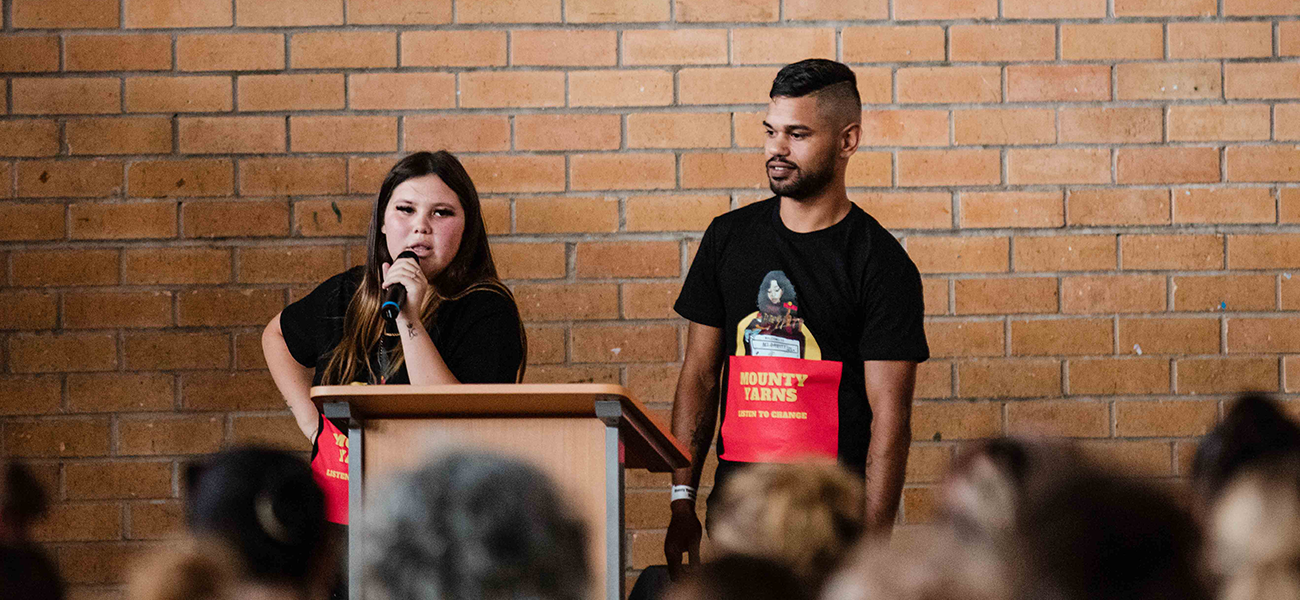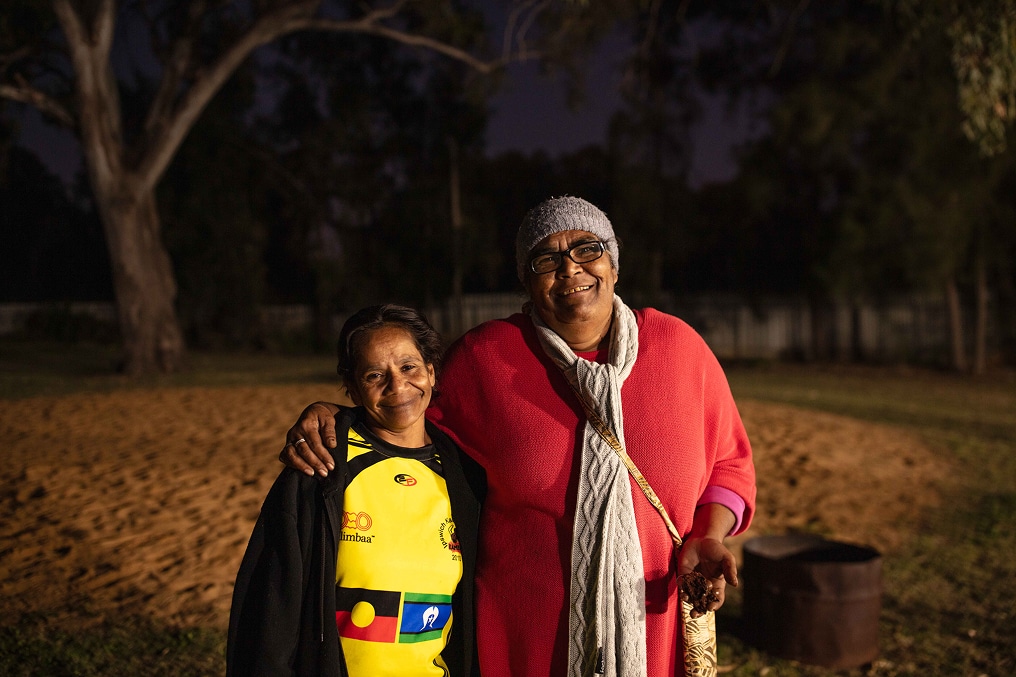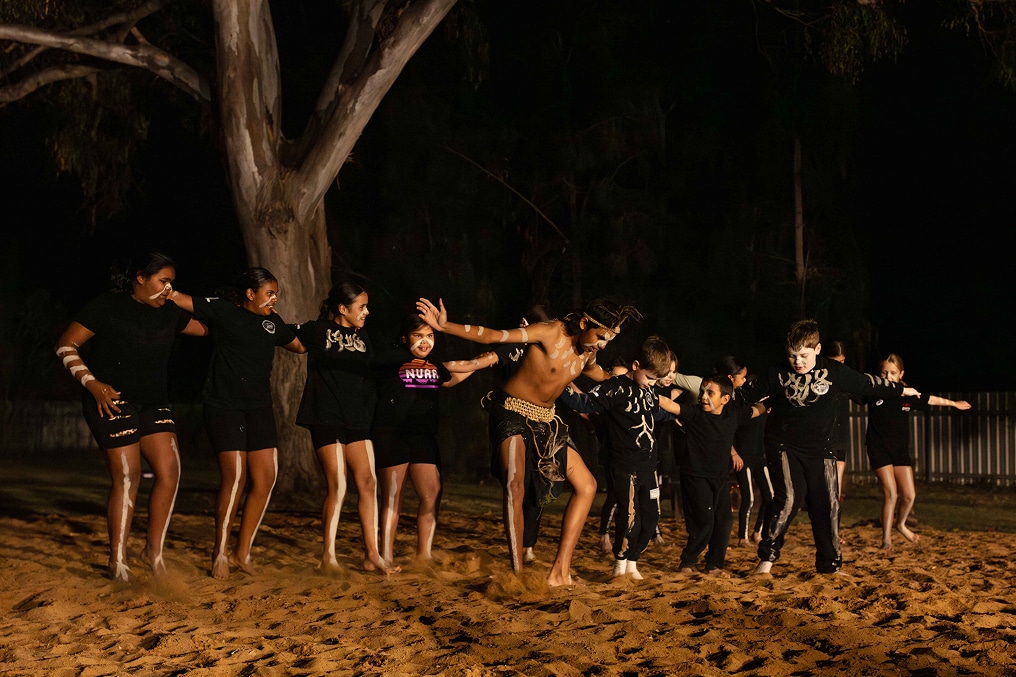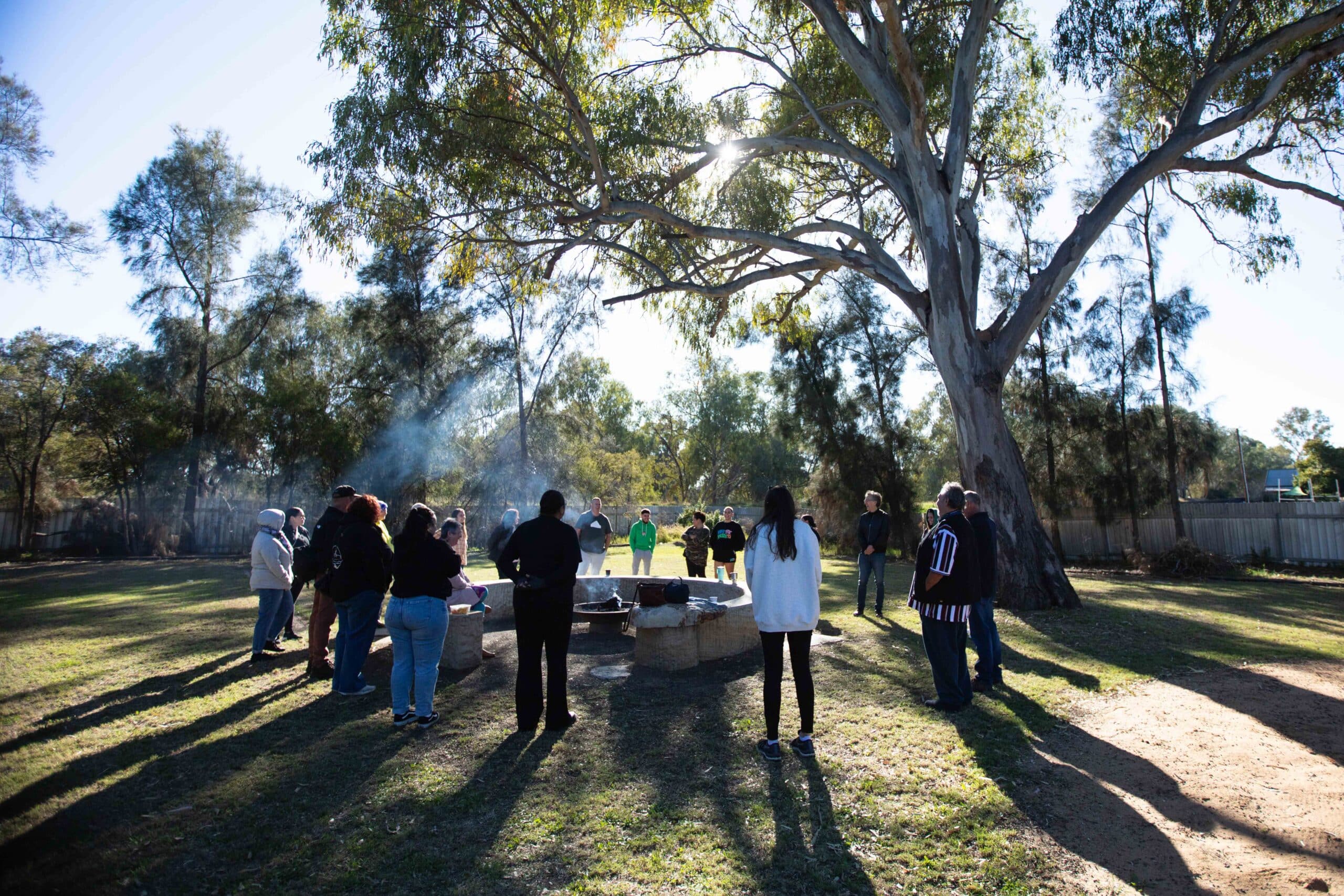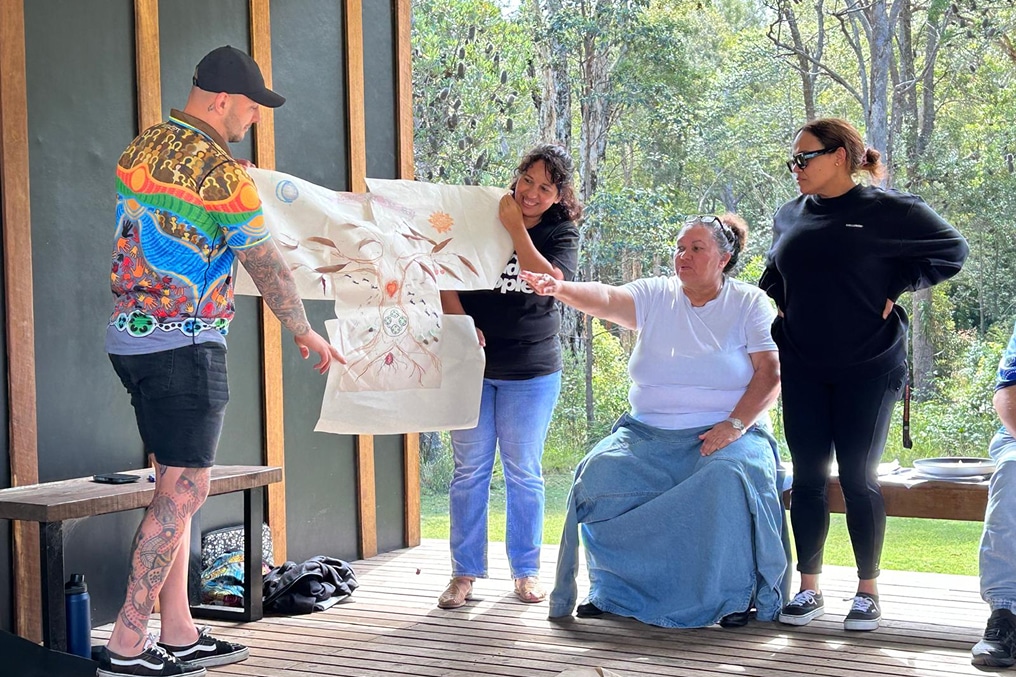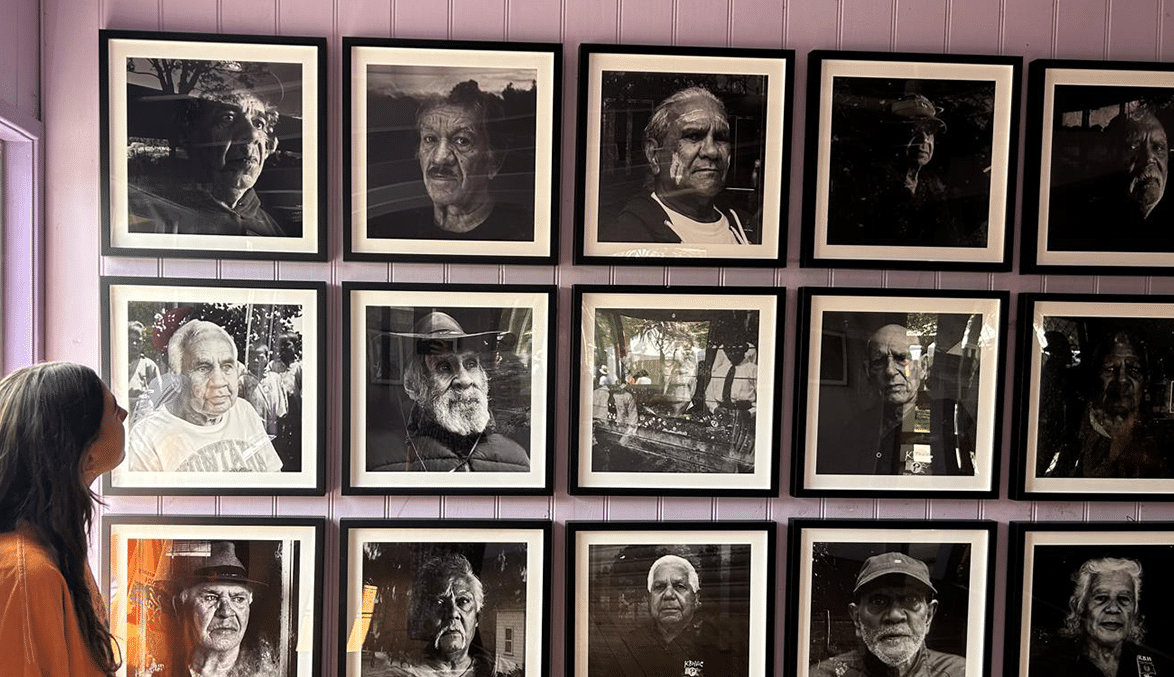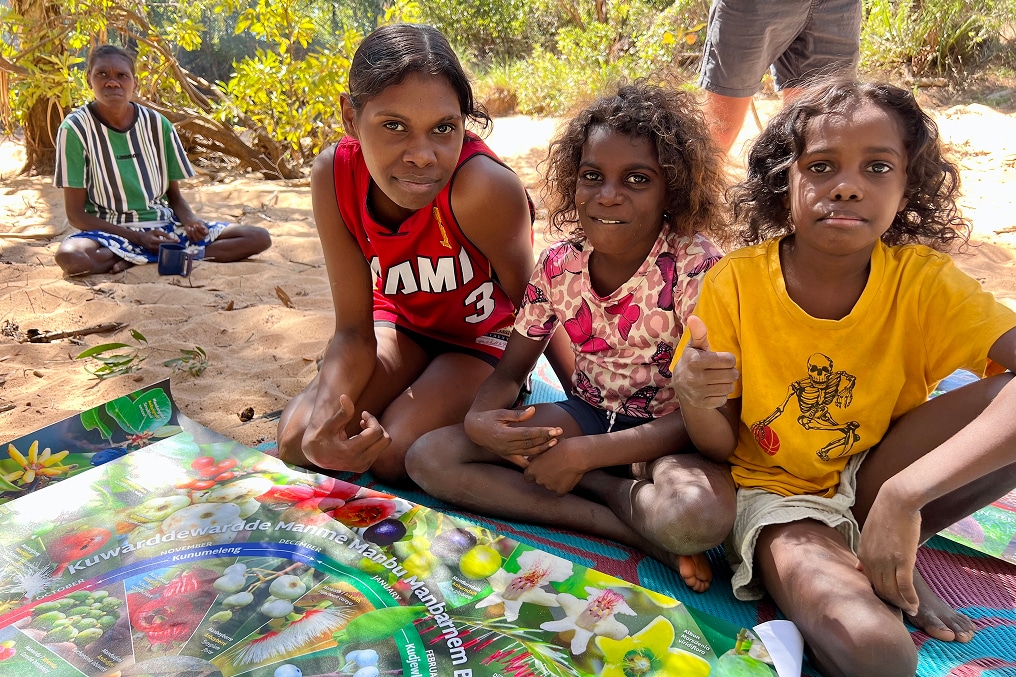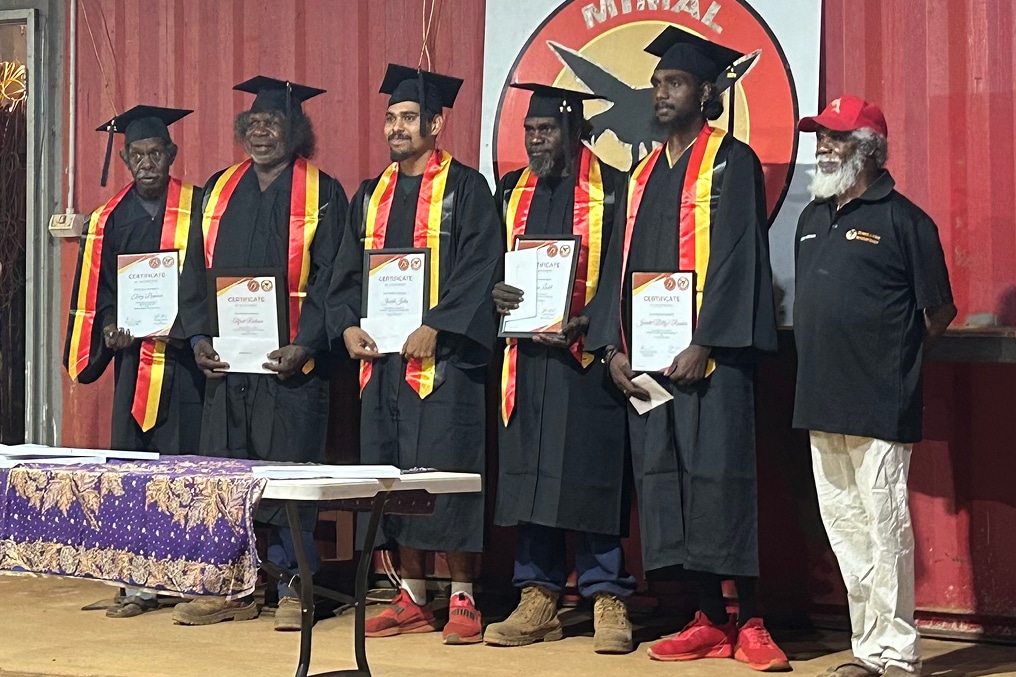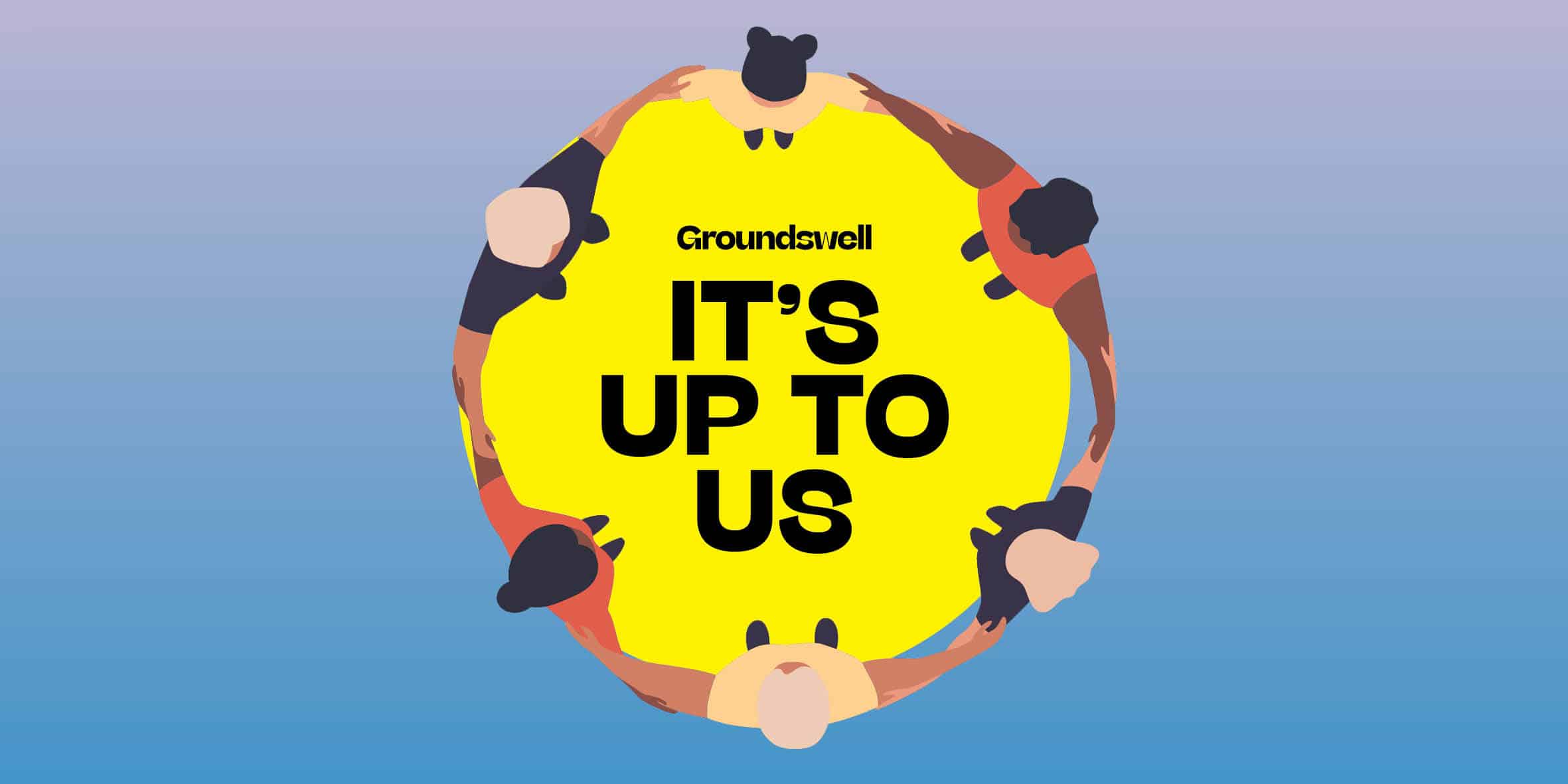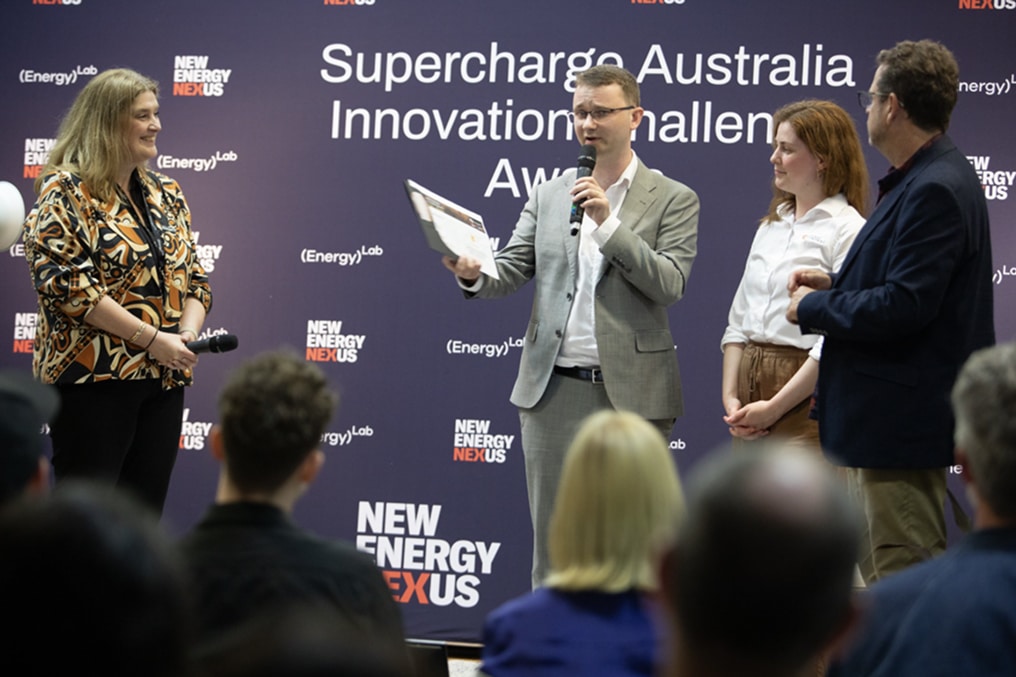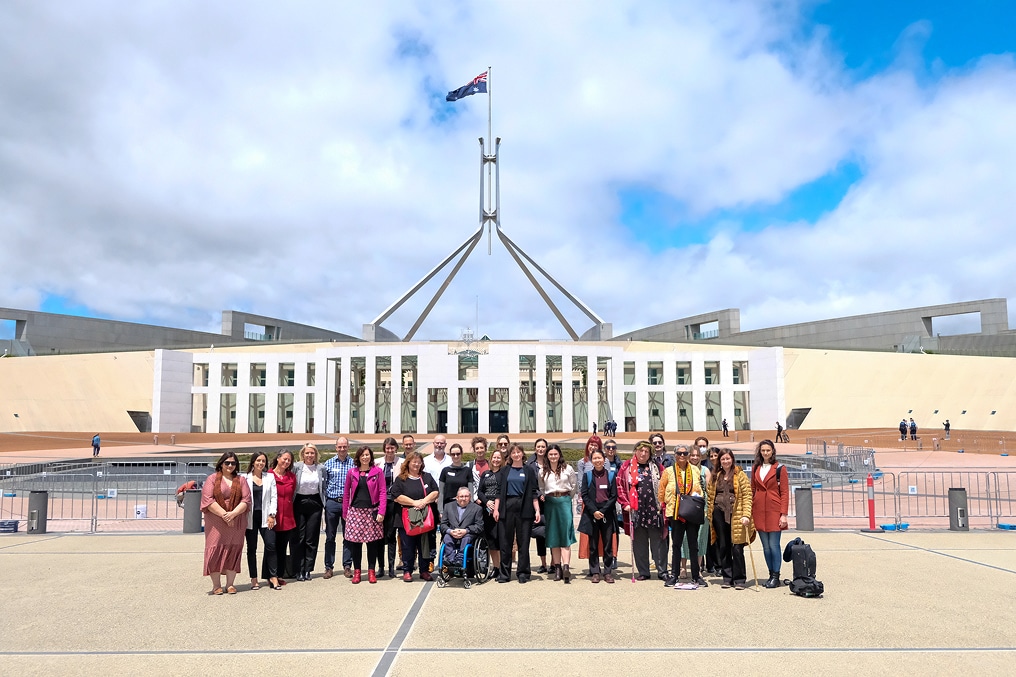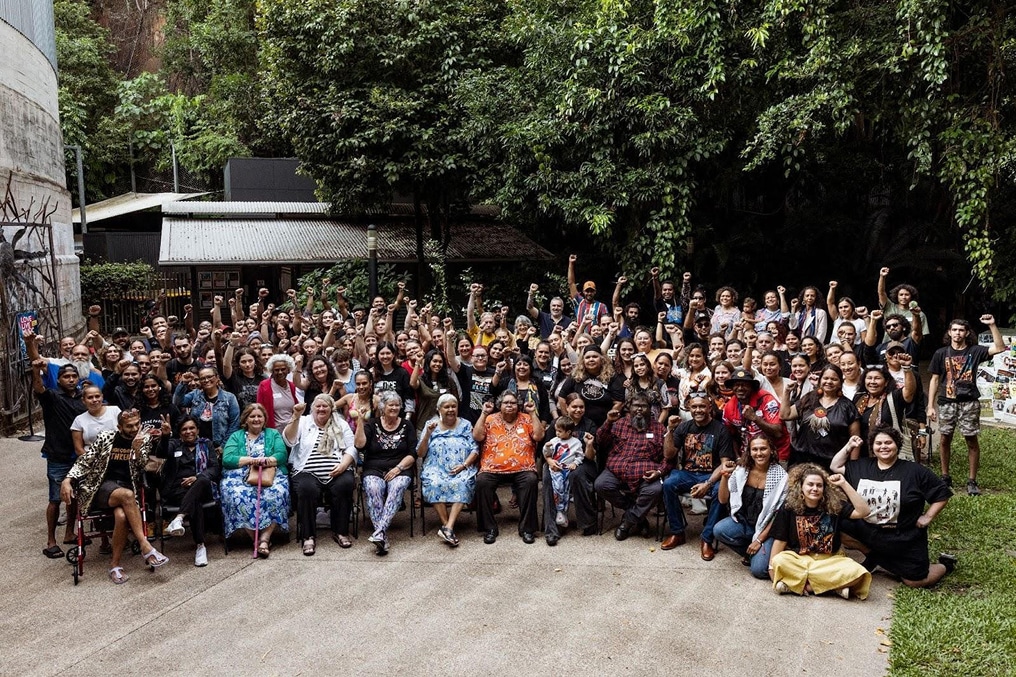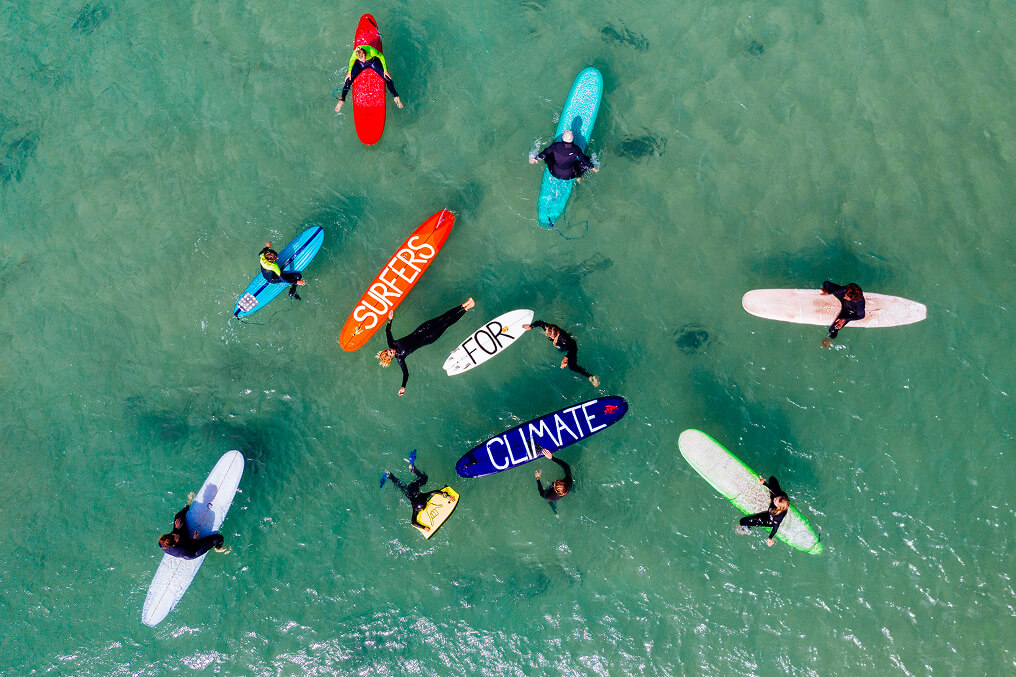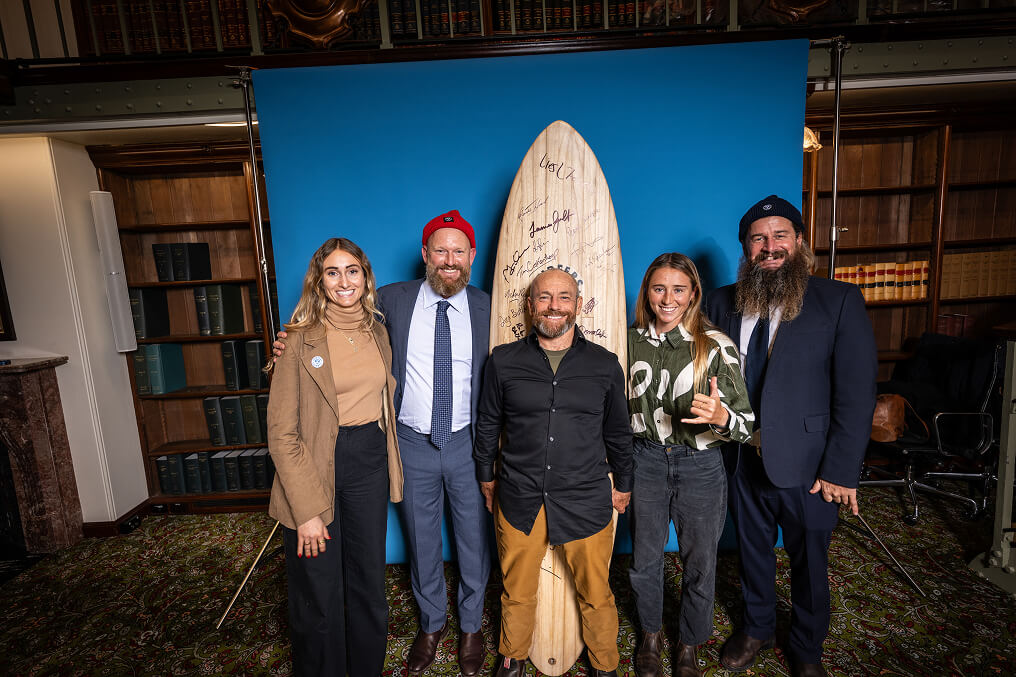Importantly it provides a framework and design principles that can be used to build flexible and inclusive learning systems that will increase engagement and outcomes for all young Australians.
Studies show that one in five Australian high-school-aged individuals are currently not attending school and that a further 20% of young people feel they do not belong in their school.
Last month Mitchell Institute released a report showing that while the system performs well for many, overall one in four young people living in Australia are missing out on critical educational milestones. Young people from low-socio economic backgrounds, Indigenous students and those living in remote communities are being failed by the system.
Engaging more young people in learning is a priority. There are at least 900 flexible learning programs in Australia and we know what it is about these approaches that work. The Case provides a framework that can help us move from a one size fits all education system to learning systems for all young Australians. Now is the time to make significant inroads into improving educational equality.
The Case is based on a series of national consultations, a review of research evidence and a review of current policy and practice. The report documents successful models already working across the country and shows how states and territories can build upon this. It also looks at various parts of the education system and includes the voices of young people who are now thriving in education thanks to flexible, inclusive learning approaches.
One of the outstanding examples of increased retention is state, co-educational school, Cressy District High School (CDHS) in Launceston. Through offering a variety of engagement techniques CDHS has increased the number of their students continuing training and education beyond year 10 from 58% in 2009 to 97% in 2013.
The school offers the Beacon program to develop positive pathways into further education, training or employment with a particular focus on those falling between the cracks.
Providing learning choices to students gives them access to real world aspirations. Engagement techniques used at CDHS like Try a Trade, Pathway Planning, 1-to-1 Support, University and Industry Tours, Guest Speaker Programs, Mock Interviews and Work Experience give students a better understanding of where their education could lead them.
We know what works and there is evidence of effective practice all over the country. Now is the time to scale these initiatives up and build more inclusive learning systems for all young Australians.
